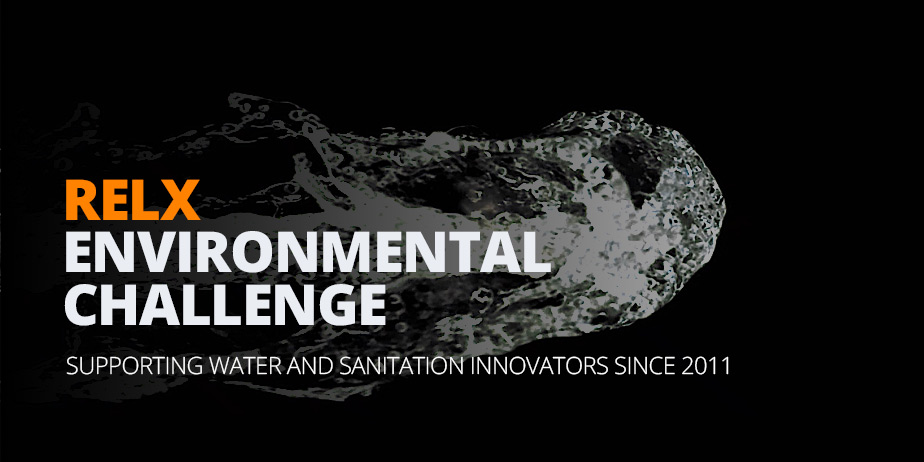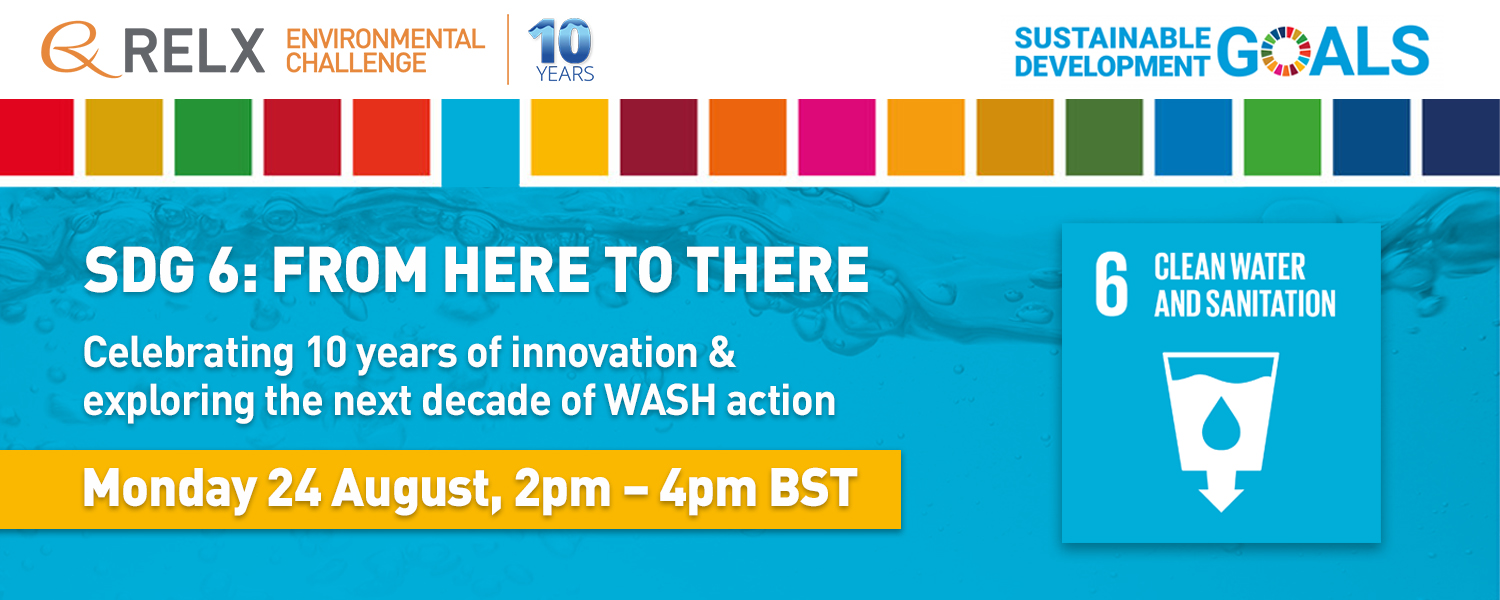Poverty eradication is the central focus of the United Nations' Sustainable Development Goals (SDGs), specifically highlighted by SDG 1, "No Poverty." The aim is to end poverty in all its forms everywhere by 2030, underlining the necessity of ensuring social protection for the poor and vulnerable, enhancing access to basic services, and supporting people harmed by climate-related extreme events and other economic, social, and environmental shocks and disasters.
However, poverty eradication is intrinsically linked to all the other SDGs due to its pervasive influence. It hinders the achievement of quality education (SDG 4) as children from low-income households often lack access to quality education. In terms of "Good Health and Well-being" (SDG 3), poverty can result in inadequate access to healthcare services, nutritious food, and sanitation facilities, leading to poor health outcomes.
Moreover, "Decent Work and Economic Growth" (SDG 8) is crucial for lifting individuals out of poverty. Creating sustainable work opportunities and ensuring fair wages can lead to improved living conditions and break the cycle of poverty. "Zero Hunger" (SDG 2) is another goal where eradicating poverty plays a significant role since poverty is a primary driver of food insecurity.
From a broader perspective, the concept of sustainable cities and communities (SDG 11) involves creating environments where all citizens, regardless of their income level, can access basic urban services. This includes affordable, secure housing, transportation, and green public spaces.
In terms of climate action (SDG 13), the poor are often the most vulnerable to climate change impacts, despite contributing the least to greenhouse gas emissions. Efforts to mitigate climate change must include strategies to lift people out of poverty.
To mark the tenth anniversary of the RELX Environmental Challenge and the announcement of this year’s winners, we invite you to join us for SDG 6: From here to there - celebrating 10 years of innovation and exploring the next decade of WASH action, to take a look back over the past 10 years and to consider the decade of action ahead - what will it really take to achieve SDG6: clean water and sanitation for all?
The new 2030 sustainable development agenda is likely to dominate policy and academic debates at both national and international levels over next 15 years and beyond. It is, therefore, a crucial time to critically reflect how the SDGs are likely to shape - and be shaped by - the wider research community. Each peer-reviewed paper will address the common question of: “how is the SDG agenda influencing scholarly debates in different research areas, and vice-versa?”.
In this paper, we revisit the entrepreneurship and poverty relationship under a eudaimonic perspective that brings together conversion factors, and future prosperity expectations. Based on an fsQCA of changes in life circumstances of 166 farm households in rural Kenya, we explore how different combinations of conversion factors enable distinct forms of entrepreneuring in the pursuit of prosperity.
Partner content
Global Citizen, 22nd April 2020
Partner content
Global Citizen, 21st April 2020
Partner content
Global Citizen, 15th April 2020





